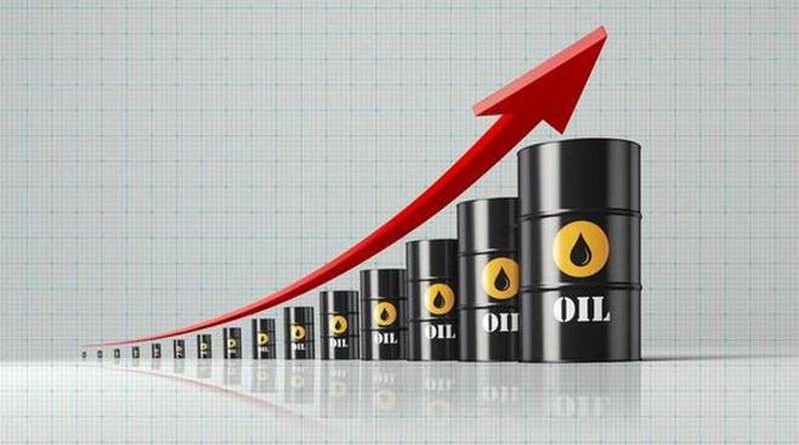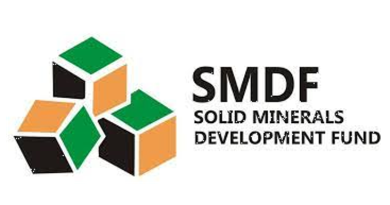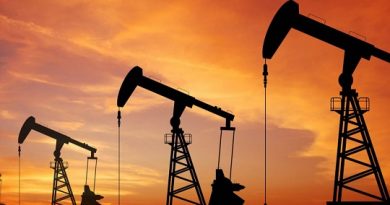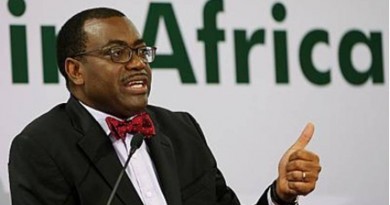Prices of petroleum products increased year on year between March 2022 and 2023
Petrol, kerosene, cooking gas, and diesel are the major energy goods whose prices have climbed the most between March 2022 and March 2023. NBS reports that the average price of gasoline climbed from N185.3 per litre in March 2022 to N264.29 in March 2023, a 42.63 percent rise. Similar to this, the average retail price of petrol jumped from N539.32 to N836.81 (55.9%) over the same time period, while the average retail price of refilling a 5kg cylinder of cooking gas grew by 22.03 percent, from N3,778.3 to N4,600.57. The cost of a litre of household kerosene climbed by nearly 102 percent from N564.55 in March 2022 to N1,142.46 in March 2023, although declining by 2.68 percent between February and March 2023.
These substantial increases are mostly a long-lasting effect of the shock to the world oil market brought on by the Russia-Ukraine war in 2022, to which Nigeria was particularly vulnerable due to its considerable reliance on imports for refined petroleum products. Marketers and distributors have raised their pricing as a result of the recent increase in crude oil prices and the frequent shortages of these items during the past 12 months. Unfortunately, this has disastrous effects on the economy because increased transportation and production costs are a result of high energy prices.
As a result, prices rise broadly and inflation sets in, lowering people’s purchasing power and, consequently, their standard of living. In order to improve the nation’s refining capacity, activities (including public-private partnerships) should be prioritized. This can help address concerns with scarcity by reducing reliance on the import of refined petroleum, lowering exposure to shocks from the external market, and more.




